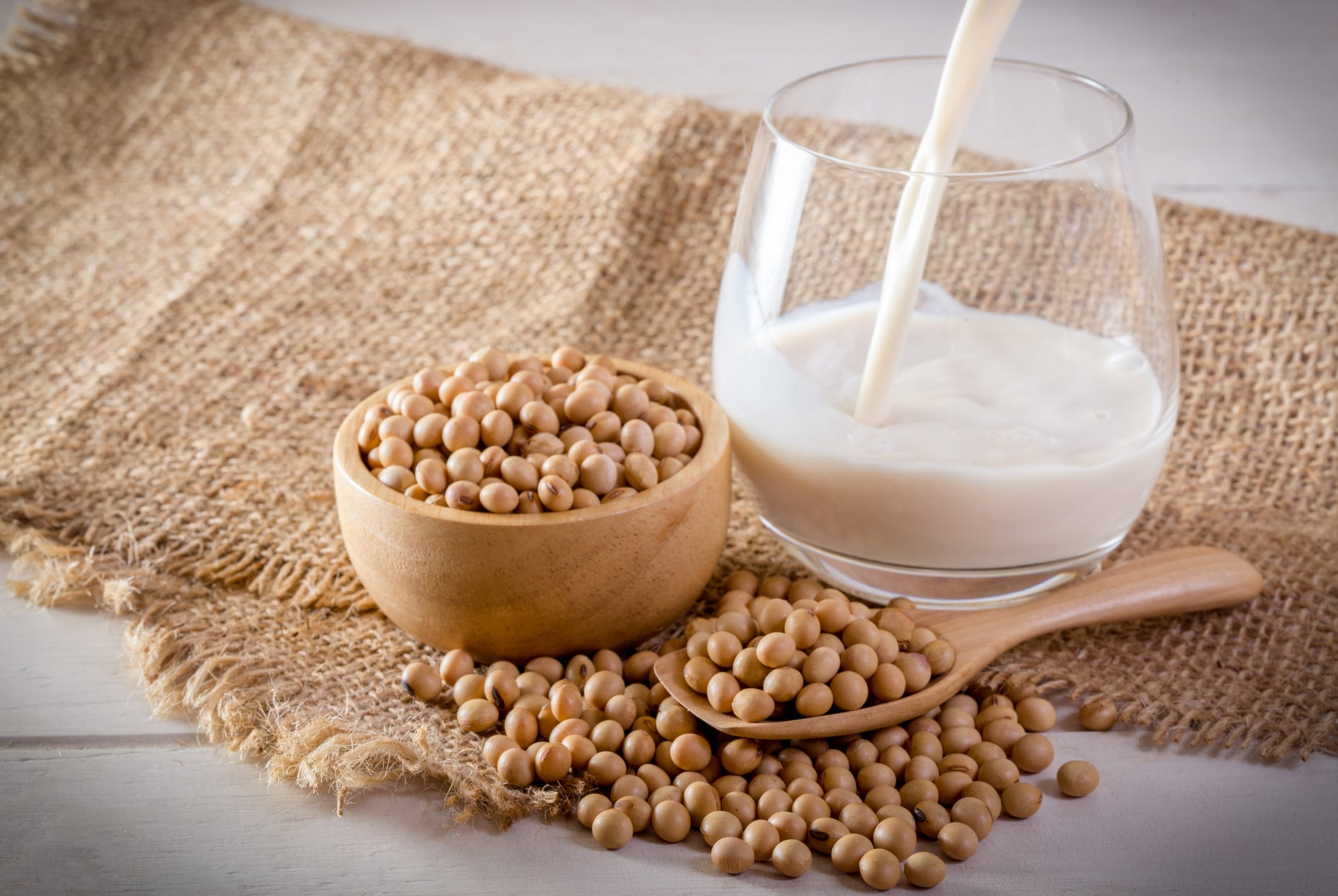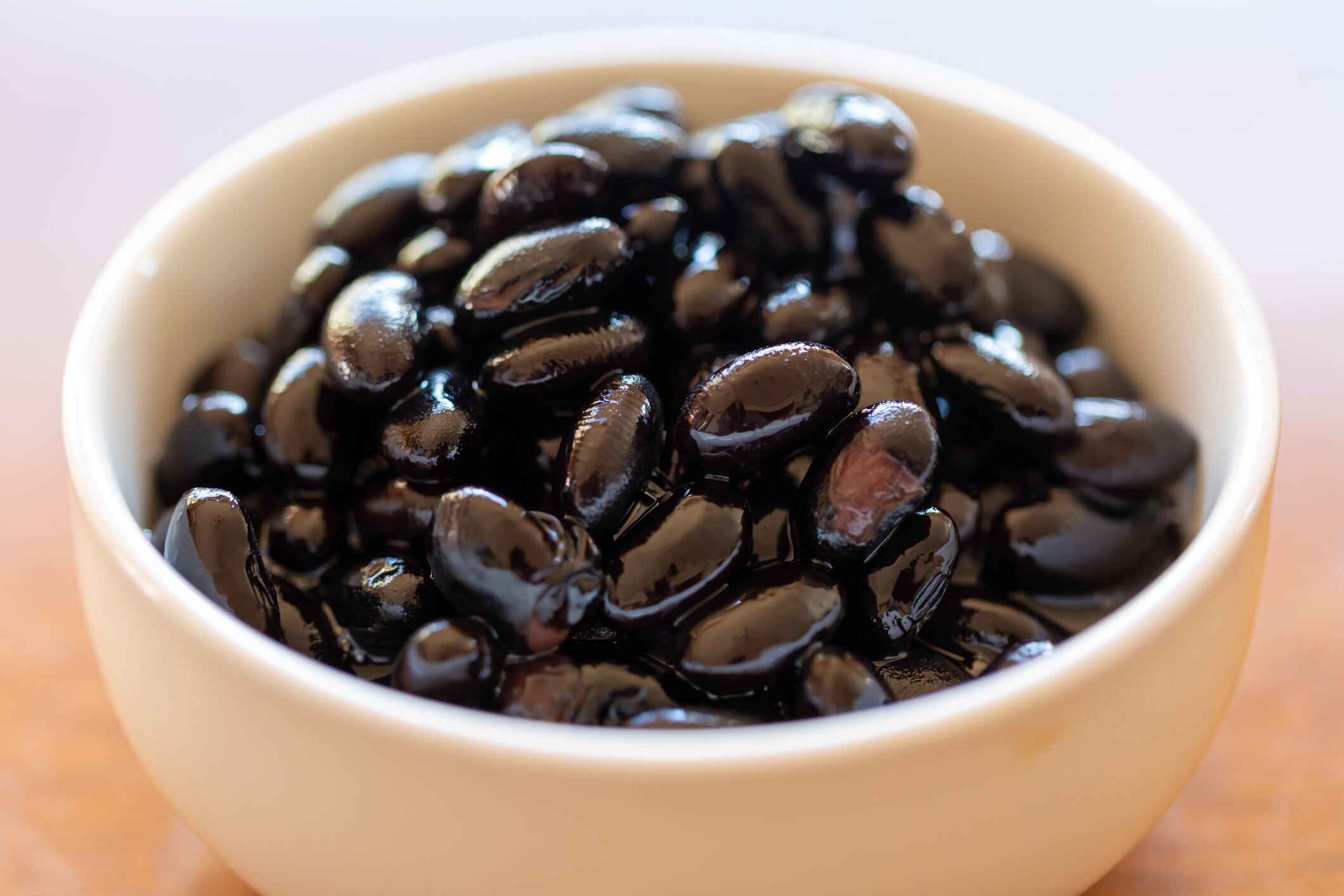An increased consumption of plant-based foods has been associated with a reduced risk of cardiovascular disease (CVD).
As high-protein foods, the benefits of soy can occur as a consequence of soy displacing other protein foods in the diet such as saturated-fat containing meat and dairy, from the effect of the soy protein itself, or, from the effect of the other constituents of soy (soluble fibers, oligosaccharides, minerals, bioactive phytoestrogens and omega-3 fatty acids)
The dietary intake of isoflavones is associated with favorable CVD risk reductions in some population studies. Many traditional forms of soy foods consumed by East Asians are fermented products and fermentation increases digestibility and isoflavone bioavailability.
However, few intervention trials have explored fermented soy foods and products for their lipid-lowering effects.
In the current randomised, crossover, intervention study, researchers at Nutrition Research Center of Loma Linda University, US, investigated the effect of a commercial non-probiotic fermented soy product on blood lipids in adults with cardiovascular risk biomarkers.
A sample of 21 women and 6 men (aged 29–75 y) exhibiting at least two risk factors of CVD, consumed two packets (12.5 g each) daily of a fermented powdered soy product, or an isoenergic control powder made from germinated brown rice for 12 weeks each (with a 2-week washout period between).
The researcher found that consumption of the fermented soy product resulted in a significantly greater mean change from baseline compared to the germinated rice in total cholesterol of −0.23 mmol/L compared with 0.14 mmol/L, respectively; and low density lipoprotein (LDL) cholesterol −0.18 mmol/L compared with 0.04 mmol/L respectively.
A concomitant increase in HDL cholesterol in the germinated rice group and a decrease in ApoB in the fermented soy group were observed, but changes in the total cholesterol:HDL ratio, LDL:HDL ratio or the ApoB:ApoA1 ratio did not differ between treatments.
The ratio of total cholesterol:LDL decreased in men in the fermented soy group.
The report concludes: "In this randomized controlled dietary intervention study, we reported evidence that the consumption of 25 g per day of a fermented soy powder produces clinically relevant reductions in the total cholesterol and LDL cholesterol concentrations of approximately 7% each compared to the comparison with germinated brown rice powder...
"These results are noteworthy from a preventive perspective considering that our participants consumed their habitual diets, and although elevated lipids were one of the inclusion criteria for the study, participants had relatively normal baseline total cholesterol (mean ~5.2 mmol/L) and LDL-cholesterol (mean ~3.0 mmol/L) concentrations. It has previously been demonstrated that greater cholesterol reductions may be expected with dietary modifications in individuals with hypercholesterolemia.
"The hypolipidemic effect of fermented soy may be mediated through a synergistic interaction between soy protein, its phytoestrogens and other soy components and may be enhanced by process of microbial fermentation. Future studies are needed to confirm these findings and to further investigate the biological processes that contribute to these effects."
The study was funded by Beso Biological Research Inc., Diamond Bar, CA, USA, which sells the soy beverages studied.
Weaknesses of this study include: the much larger proportion of females to male participants, the differing macronutrient composition of the two studied powders, and the sharp odor of the fermented soy supplement which may have impacted compliance in some participants.
Fermentated food research
Fermentation modifies soybean properties in various ways such as in its digestibility, nutrient content, and isoflavone chemical configuration as well as enhancing the bioavailability of its phytoesterogen components.
In the current study, the fermented soy product tested was relatively rich in bioavailable isoflavone, as evidenced by the significantly higher urinary excretion of daidzein, genistein and glycitein on the fermented soy intervention.
In a prospective study from Japan, a higher intake of fermented soy products was associated with a lower risk of CVD mortality in both men and women aged 45–75 years. In another cohort, natto intake was significantly inversely associated with the risk of mortality from cardiovascular disease.
Source: Nutrients
Sabaté. J., et al
"A Non-Probiotic Fermented Soy Product Reduces Total and LDL Cholesterol: A Randomized Controlled Crossover Trial"
https://doi.org/10.3390/nu13020535





